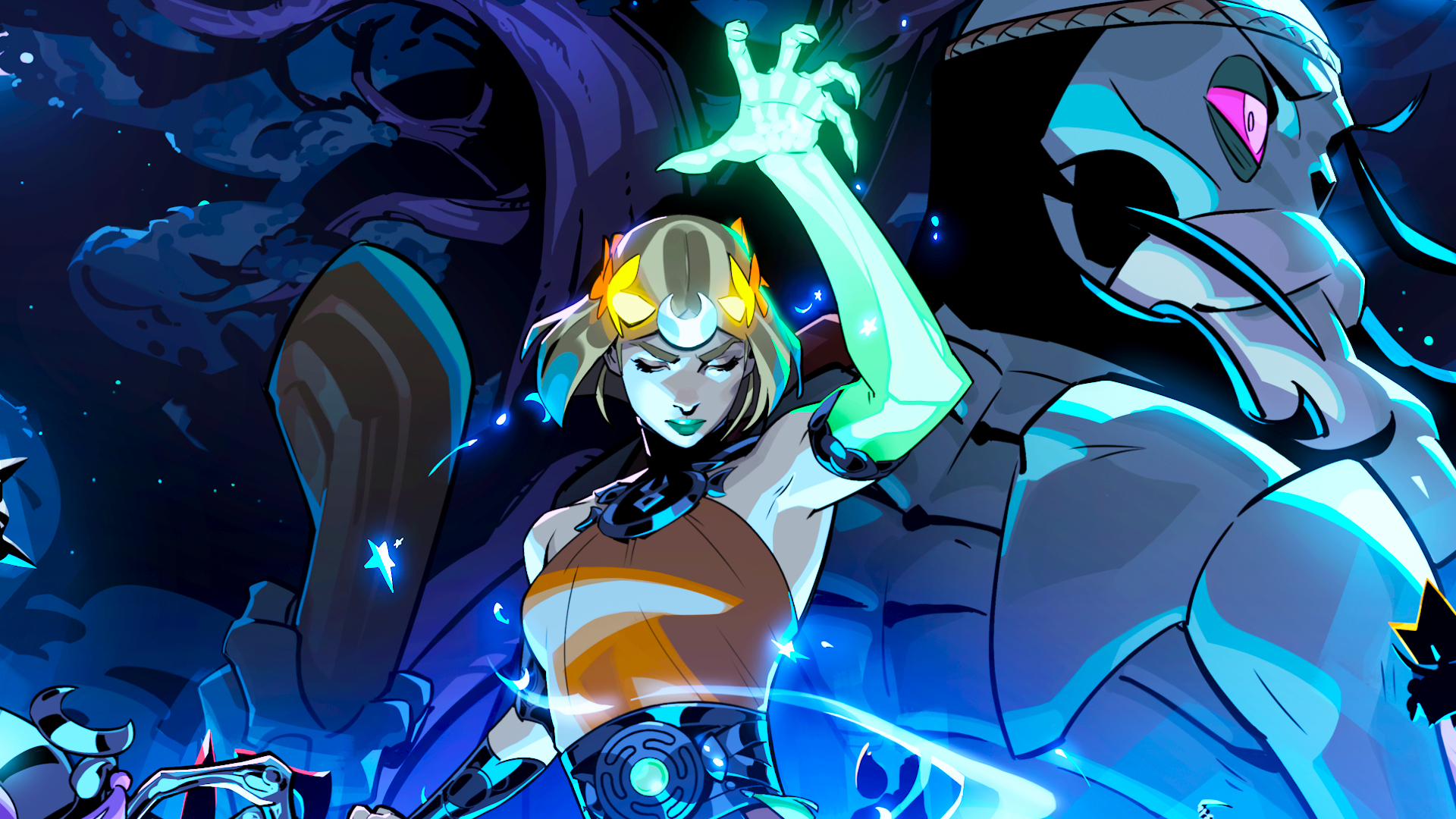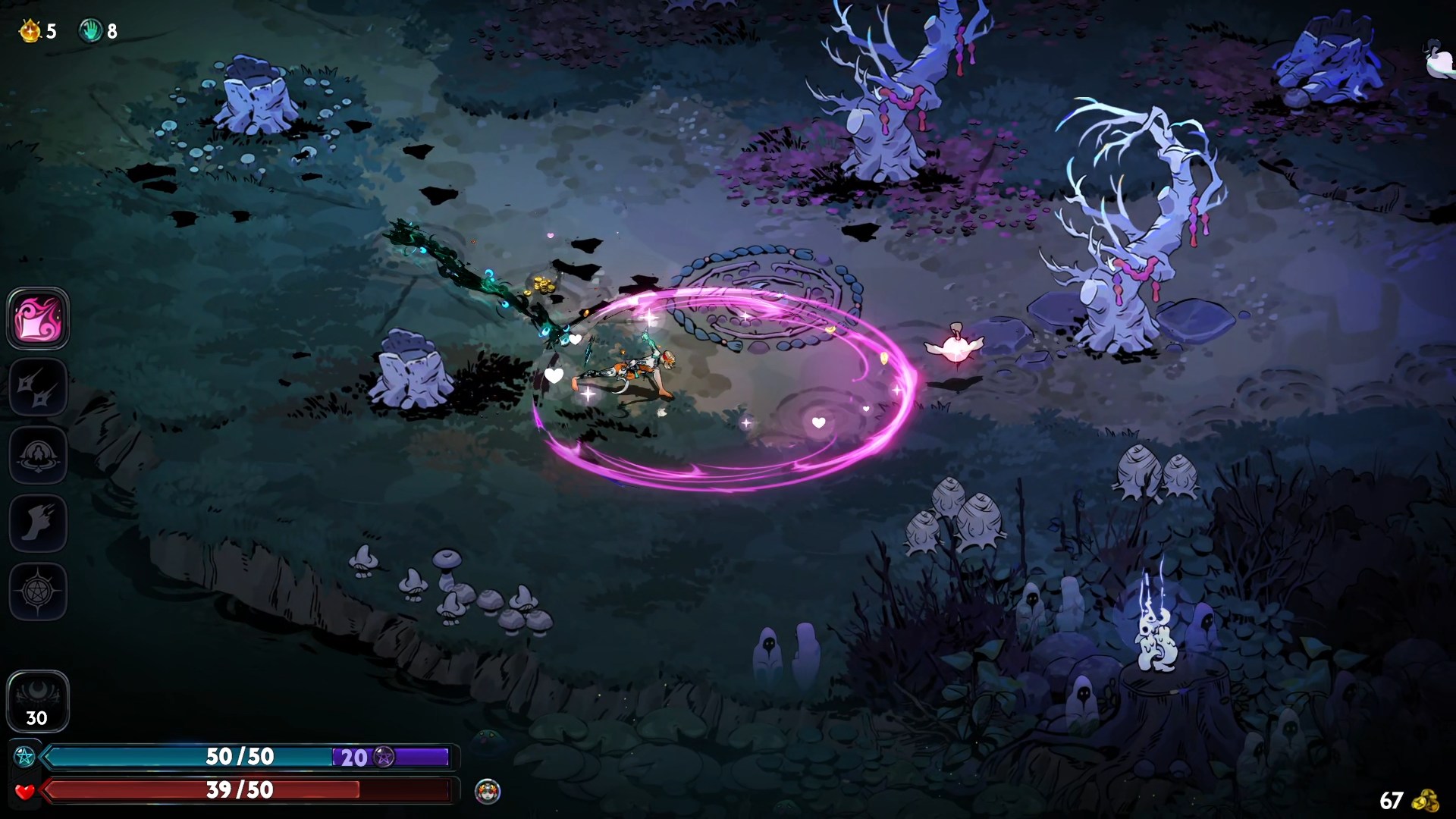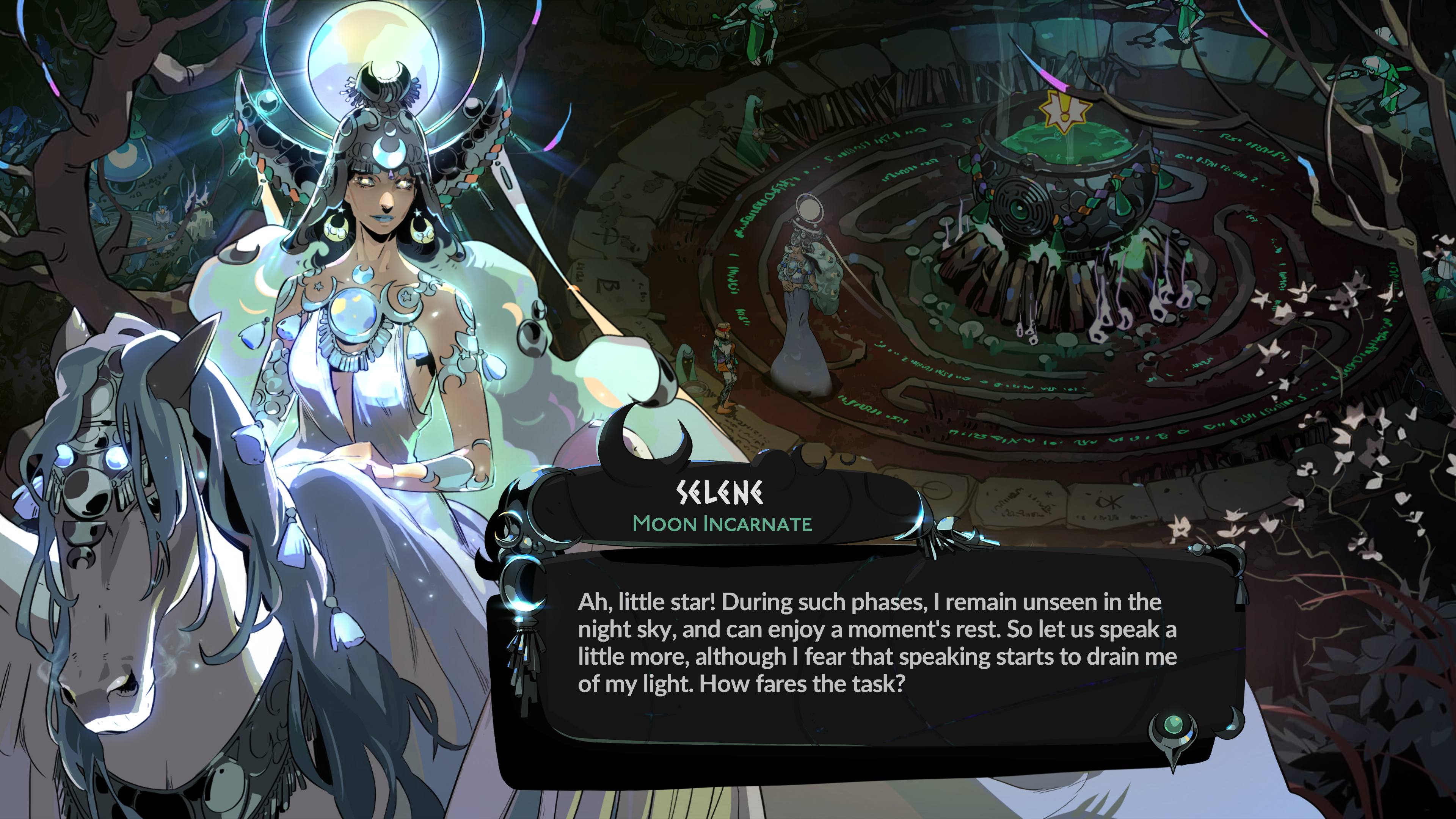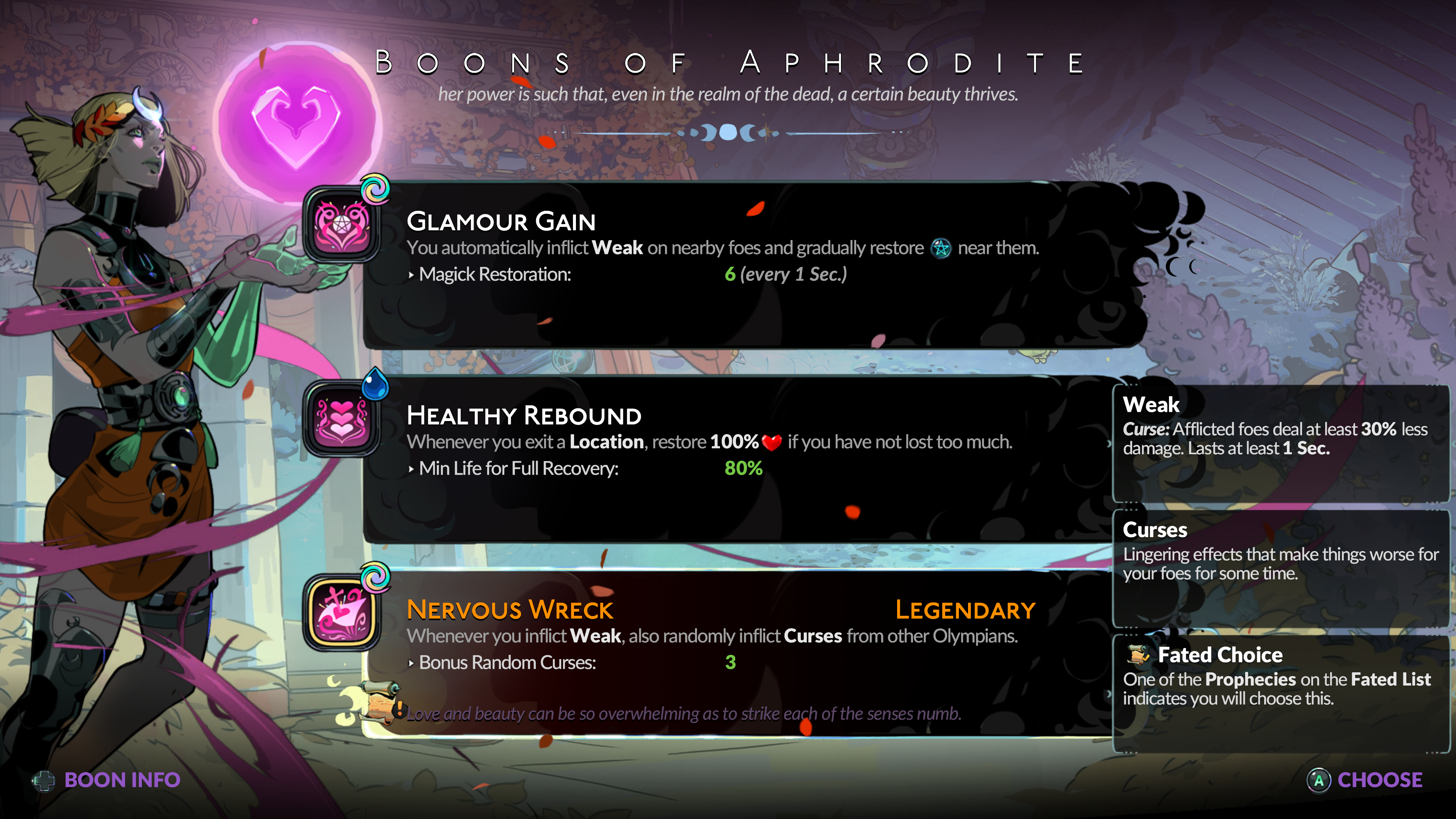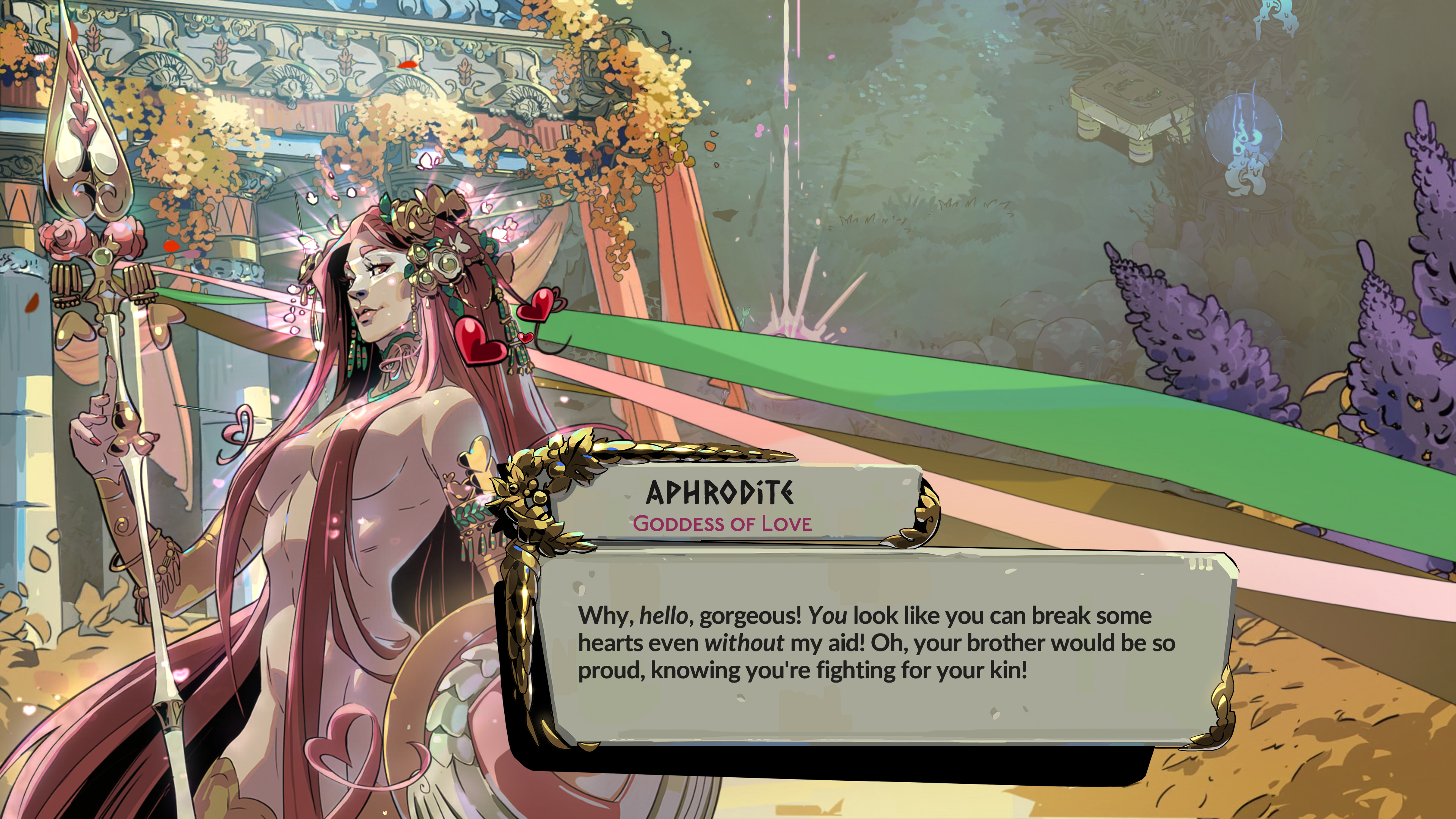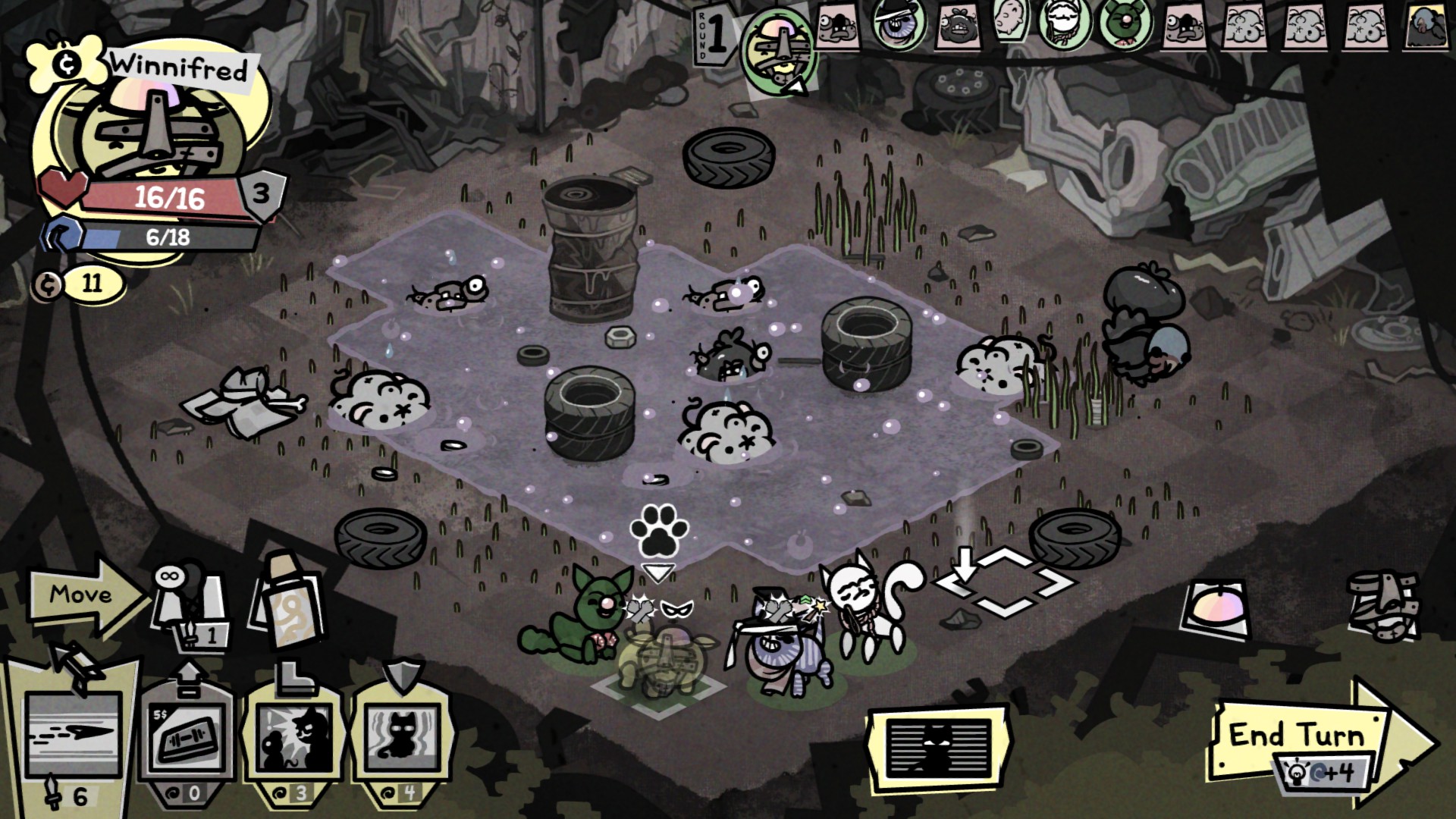Our Verdict
Despite some stumbles in its opening hours, Hades 2 blooms with flexible combat and unforgettable characters.
PC Gamer's got your back
Hades 2 almost had me questioning Supergiant's decision to make its first sequel. I loved Hades, which brought all of the studio's past experience to bear on a killer action game for the roguelike curious, but I wasn't convinced a sequel would be a better follow-up than whatever new idea for a game Supergiant could come up with next.
What is it? A roguelike action RPG with a cast of Greek gods and goddesses.
Release date: September 25, 2025
Expect to pay: $29.99
Developer: Supergiant Games
Publisher: Supergiant Games
Reviewed on: RTX 5090, Intel Core i9 12900K, 32GB RAM
Multiplayer: Yes
Steam Deck: Verified
Link: Steam
It took some time, but Hades 2 convinced me it was worth it: It's a sequel worthy of the title that expands but doesn't diminish what made the first game great.
I did like aspects of Hades 2 when it launched in early access. Protagonist Melinoë's magical array of attacks were more immediately satisfying than Zagreus' at the start, and the new cast of characters, like Hecate and Nemesis, gave it a sharper, darker tone.
I just couldn't get over how tedious it was. Because of its new crafting system, I had to mine ore and pick flowers on every run as if the gripping combat and intricate buildcrafting would bore me.
To my dismay, I had the same issue starting up the 1.0 version of Hades 2. I was so worried about collecting enough silver to craft a shovel to collect some other resource that I couldn't enjoy the meat of the game. The first several hours are like playing a survival game where every major feature is locked behind a recipe, or in this case, a bubbling Incantation. Eventually, however, the table-setting stops and Hades 2 finally, finally becomes the game I didn't know I was waiting for.
A fountain of choices
Hades 2's virtues start with Melinoë, who is exceptionally more fun to play than Zagreus.
If Hades 1 is the entry level course, Hades 2 is the advanced course. While it may be 'more Hades', it's more Hades in a way that dissolved my doubts and doesn't just retread the original game.
Both games share the same basic structure: They're 2D action games where you're a brooding Greek god fighting your way through rooms of monsters choosing random upgrades and rewards to help you slay each area's final boss. Unlike Hades 1, progress in Hades 2 heavily relies on collecting reagents to cook up Incantations in the game's shadowy hub, the Crossroads.
Keep up to date with the most important stories and the best deals, as picked by the PC Gamer team.
Hades 2's virtues start with Melinoë, who is exceptionally more fun to play than Zagreus—and that's with all respect to Zagreus and the joy I had playing him in Hades 1. The princess of the Underworld has him beat with an additional layer to every normal attack that imbues them with magic. This opens up more ways to augment her skills with the powers of the gods you meet on your way. It also forms the foundation for the larger scope of the game, particularly when it comes to the dangers you face.
There are more combinations of powers than I could ever possibly wrap my head around in Hades 2. I'm usually fond of the Sister Blades for their rapid stabs that ignite enemies with Hestia's boon, but sometimes I want a big heavy axe that cleaves through bosses so I can hear the metallic clink of Hephaestus' hammer when it hits twice.
In one of my last runs, I drew enemies into a heart-shaped rune from Aphrodite and fried them with skulls charged by uncle Zeus. Ever since then I've been wondering what might happen if I clumped enemies up and used the quakes from the axe's magic-infused heavy attack instead. The only thing keeping the number of possible combinations from being overwhelming is knowing Hades 2 rarely disappoints you no matter how experimental you want to get.
Rabbit holes
That is ultimately Hades 2's greatest strength and why its crafting-heavy intro—as bad as it is—couldn't keep me from liking it. I learned pretty quickly that the first rule of Hades 2 is to be willing to take risks.
Over and over again you will be forced to dump materials into Incantations with few clues on what it'll result in. You might conjure up an overflowing spa to rest at in Oceanus or invite a character into the game's central hub area who lets you in on the secret to surviving the suffocating atmosphere of the surface world. Hades 2 frequently stalls out until you've taken a chance on something you haven't before, which can be confusing and even a little frustrating when you've gone on three or four runs and the world remains frozen in the same state as when you started.
As soon as you take a leap of faith and craft everything you can though, Hades 2 opens up and guides you through its incredible web of systems. I was often juggling multiple goals at once, which was a welcome reprieve from the restrictive opening hours. And once I had access to a full deck of Arcana Cards and Keepsakes, which give you passive bonuses like extra health and guarantee boons from specific gods, I no longer felt like I was on a grind for one more chunk of marble to craft the next thing.
Hades 2 reminded me a lot of Path of Exile's endgame where you juice up maps with specific modifiers that benefit you before going in. But here the modifiers aren't just numerical bonuses that affect the enemies you'll face, they're opportunities to sample parts of the game you might've overlooked.
I ignored Hades 2's new Hex attacks until I unlocked The Unseen card that passively regenerates magic. I set up a run purely based around magic attacks, selecting cards that increased their damage and slowed down time as I charged them up. The brawl against the sirens rock band (stream "I Am Gonna Claw (Out Your Eyes then Drown You to Death)" right now) had never been easier as I spun my axe into a whirlwind and used my Hex to summon one of the dead members to fight for me. And because it's still a Hades game where even your smallest decisions have narrative consequences, my strategy irritated the frontwoman enough for her to comment on it in the next run.
Pressure's on
With all these systems stacked on top of each other, it's true that Hades 2 is fussier than the elegantly simple original. You have several different weapons, Arcana Cards, Keepsakes, and animal familiars to choose before you step foot into a run. But except in the first couple hours, Hades 2 never fails to deliver adequate rewards for fussing with those systems.
When I'm not chasing down new boons to play around with or practicing a tough boss fight, I'm feasting on whatever rumors and tales the gods have to tell me. After clearing out a room, I was often torn between picking a boon I knew would enhance my build over a boon that would let me hear more from some of my favorites. I always took the opportunity to check in on Narcissus while he stares at his own reflection in Oceanus or to hear what Demeter remembers about Melinoë's parents. It's easy to get lost in the wealth of conversations with Supergiant's eclectic vision of the characters and completely forget you have a build to perfect.
I don't think I'm anywhere close to reaching the bottom of what Hades 2 has to offer. I wasn't ready for it to have what is effectively an action RPG-like endgame with the Surface, an entirely separate pool of areas that demand a level of mastery I'm still trying to survive consistently.
Despite my issues with its pacing early on, Hades 2 won me over.
The Surface is where a lot of Hades 2's design comes together. Instead of going from room to room, you're dropped into the remains of the city of Ethyria, fighting satyrs in storage rooms and courtyards. You're given multiple doors to open—and upgrades to claim—before you're kicked into the next area where every fight breaks out on the deck of a ship sailing through the Rift of Thessaly.
Not only is it a stunning visual leap from the underground arenas of the Underworld, it's also where Hades 2 stacks on the pressure by dumping pools of burning oil and aggressive undead pirates on you. It demands soulslike levels of precision, and only works because of how tightly designed and flexible Melinoë's abilities are for controlling the battlefield.
This half of the game justifies the spike in complexity of Hades 2 compared to Hades 1 for me. I have the Underworld for exploring how the various pieces fit together and the Surface for putting my favorite builds to the test. Some of the steps to get to a place where you can dabble in both are laborious, but the payoff is absolutely worth it—even if you just want to see more of the story and hear the guitar-wailing soundtrack morph into a full heavy metal orchestra.
Despite my issues with its pacing early on, Hades 2 won me over. It expands on the original game's imaginative take on Greek mythology, blending cerebral action RPG combat and slick narrative design into a complete package that feels distinct from the original. I'm glad I pushed through those early doubts, because it's as good a game as I've come to expect from Supergiant, which hasn't missed yet.
Despite some stumbles in its opening hours, Hades 2 blooms with flexible combat and unforgettable characters.
Tyler has covered videogames and PC hardware for 15 years. He regularly spends time playing and reporting on games like Diablo 4, Elden Ring, Overwatch 2, and Final Fantasy 14. While his specialty is in action RPGs and MMOs, he's driven to cover all sorts of games whether they're broken, beautiful, or bizarre.
You must confirm your public display name before commenting
Please logout and then login again, you will then be prompted to enter your display name.
